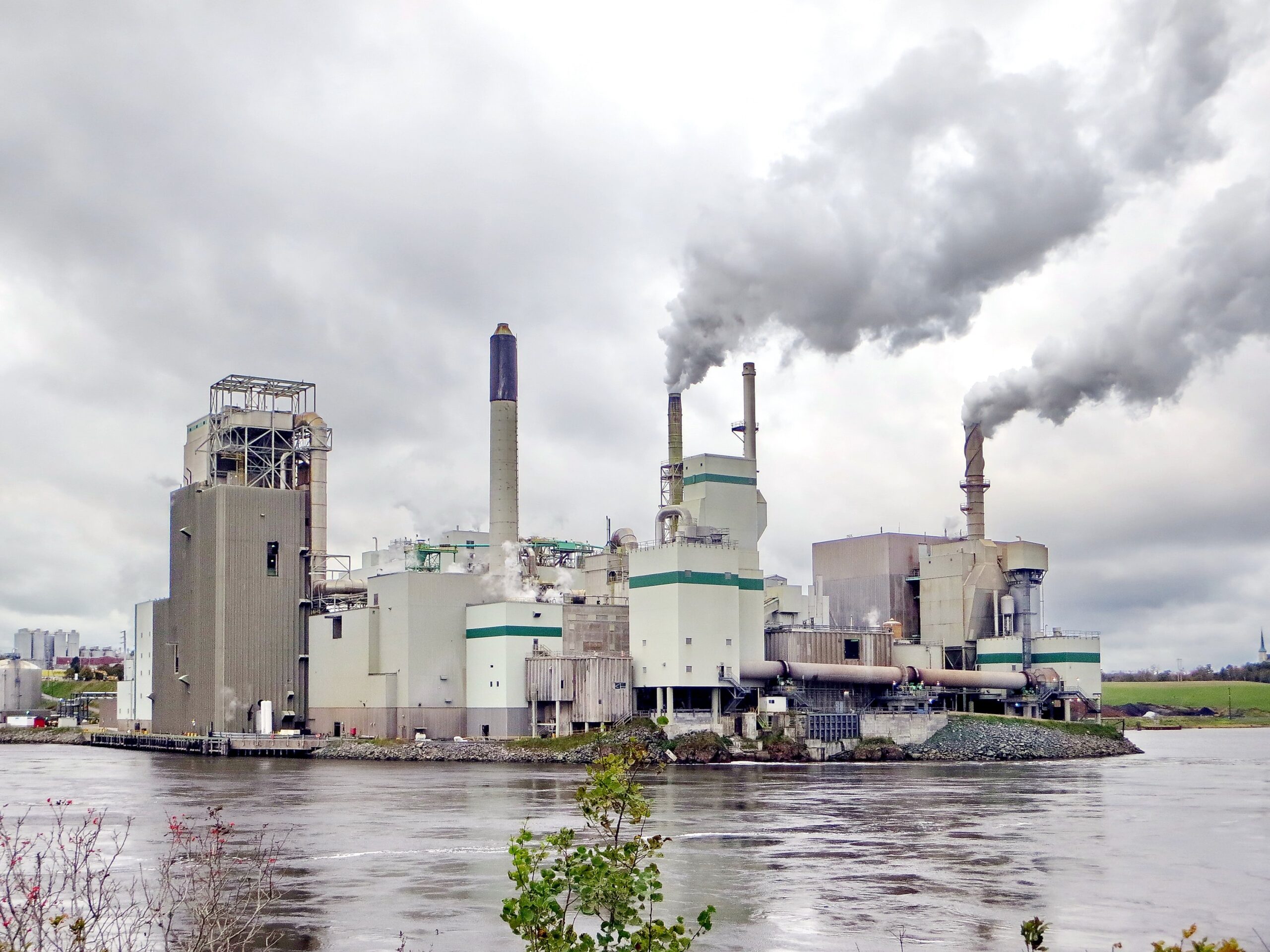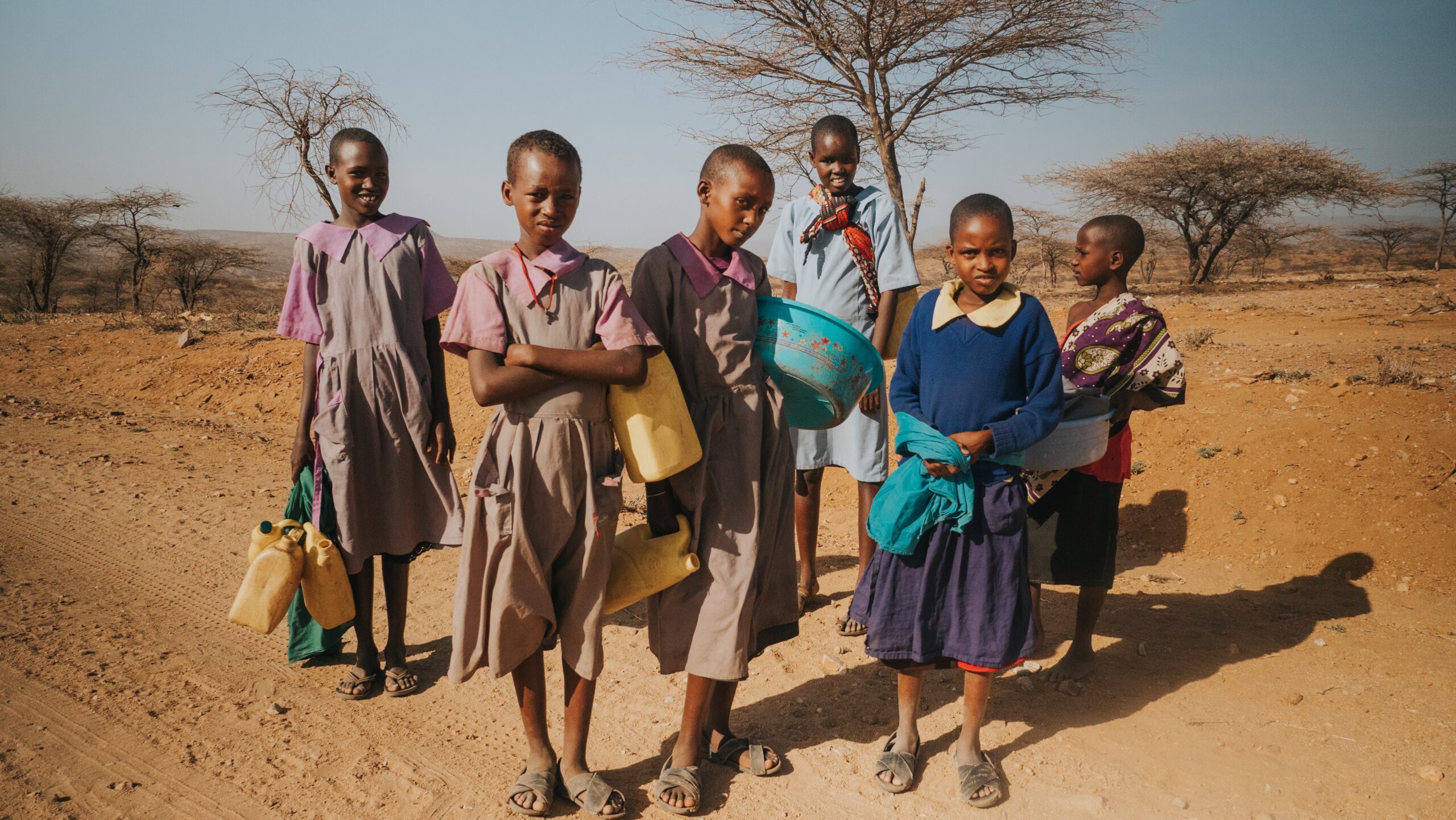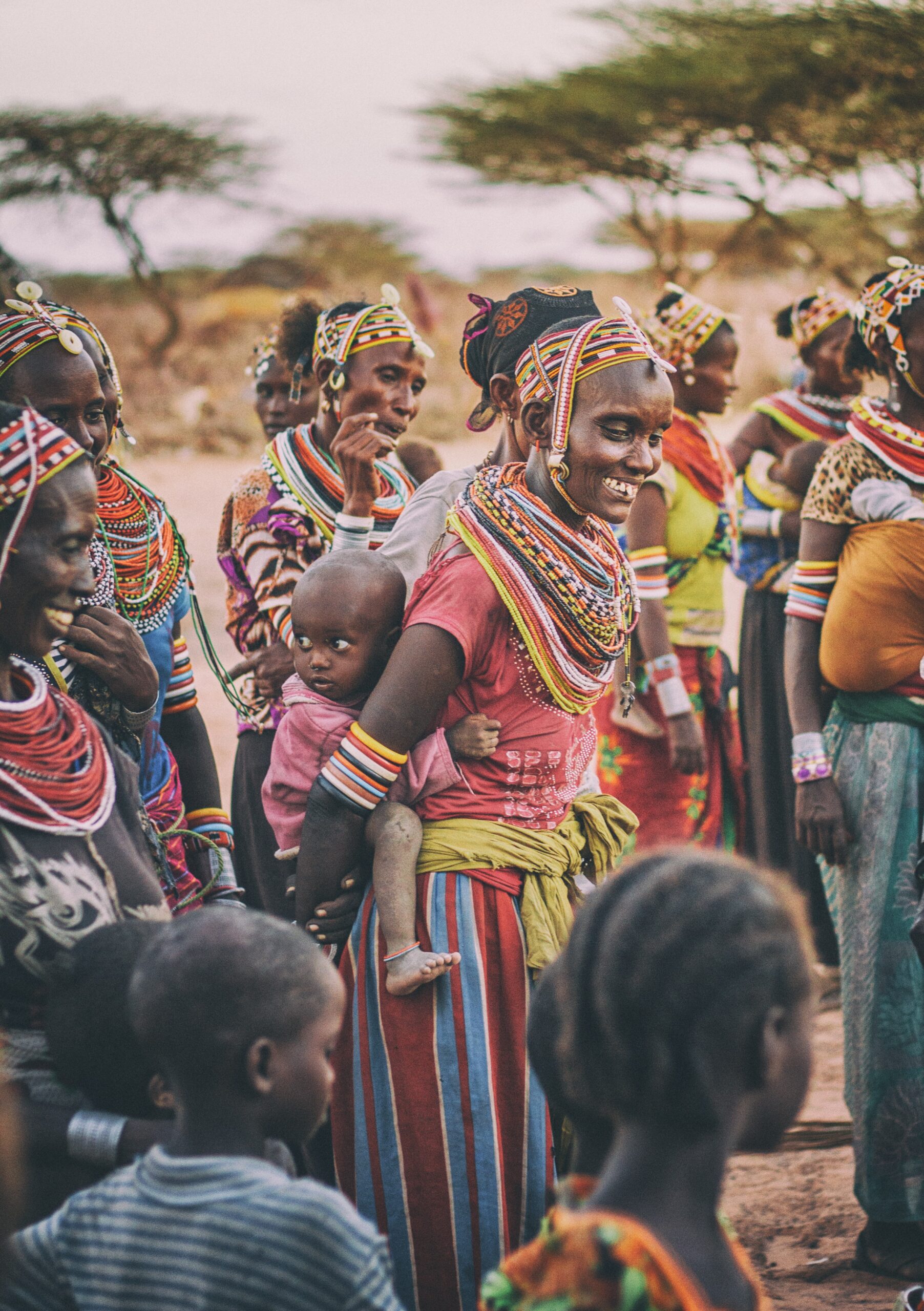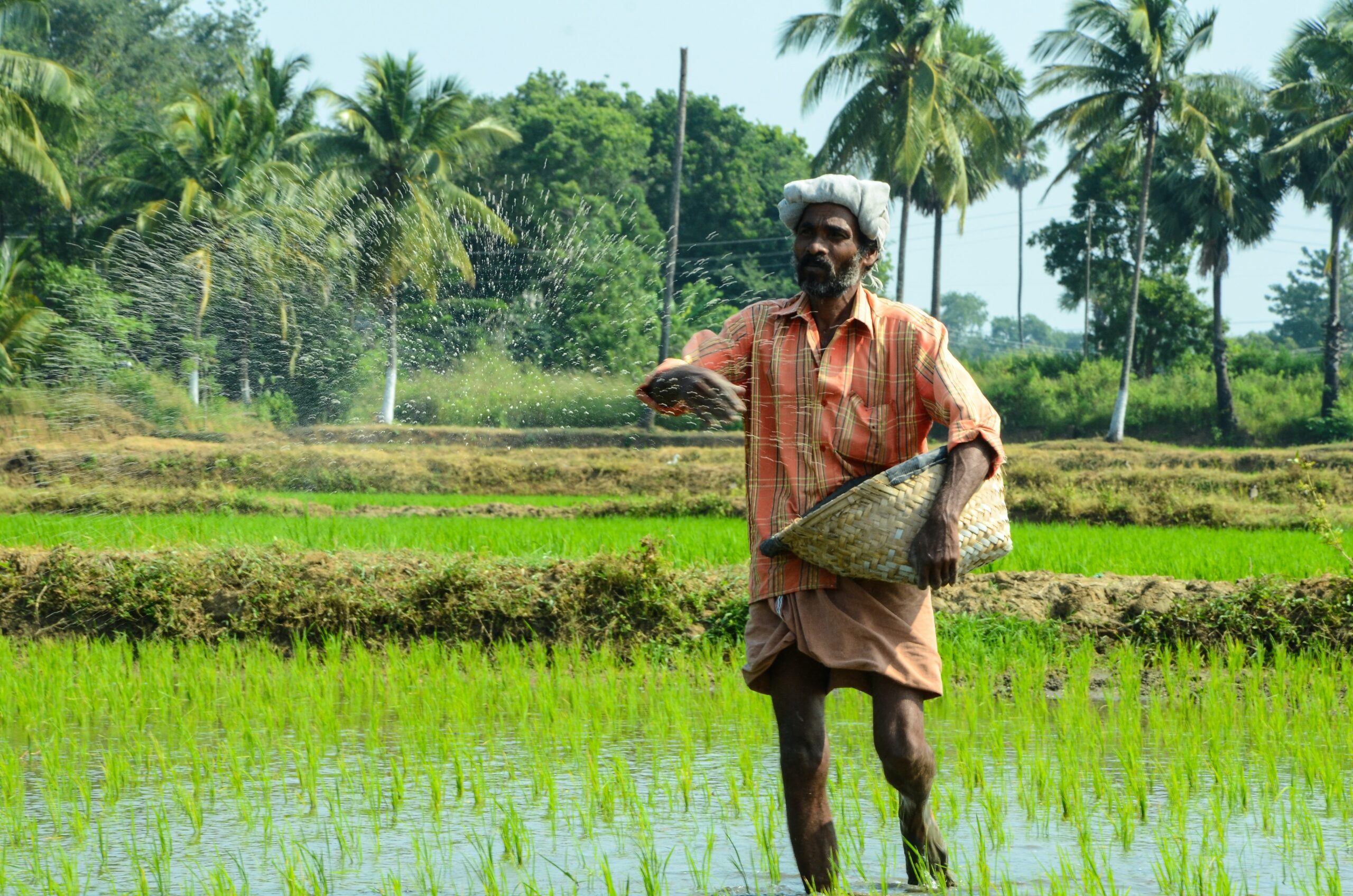In both developing and developed countries, governments, organizations, and individuals have been forced to recognize the urgent need to respond to the diverse challenges of climate change. This is in addition to solving the enormous social challenges of poverty alleviation, social inequality, resource insecurity, and high unemployment. EbA is the use of biodiversity and ecosystem services as part of an overall adaptation strategy to help people and communities adapt to the negative effects of climate change at local, national, regional, and global levels. It responds to this complex array of challenges by integrating the pursuit of sustainable social benefits for the local community within successful climate change adaptation practices. Although EbA still remains underutilized by policymakers and associated stakeholders, it provides a viable strategy for pursuing development goals simultaneously with climate change adaptation and mitigation targets. Although tailoring EbA approaches to the local environment is of unparalleled importance—especially across a continent as vast as Africa—the lessons learned from Togo can offer a guiding vision to proactively addressing social vulnerability and the impacts of changing climate.





































































































































































































































































































































































































































































































































































































































































































































































































































































































































































































































